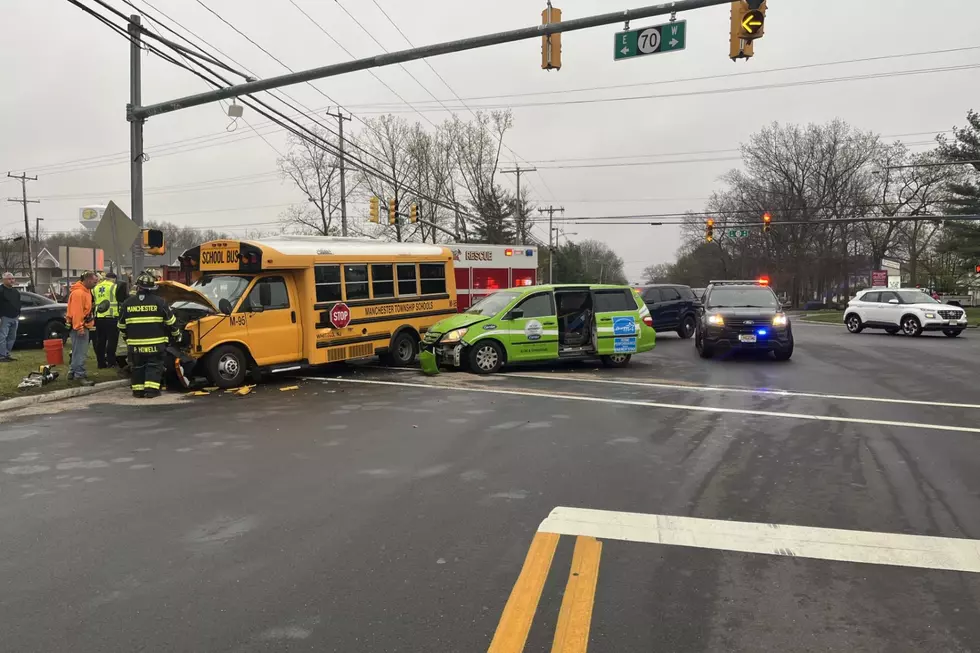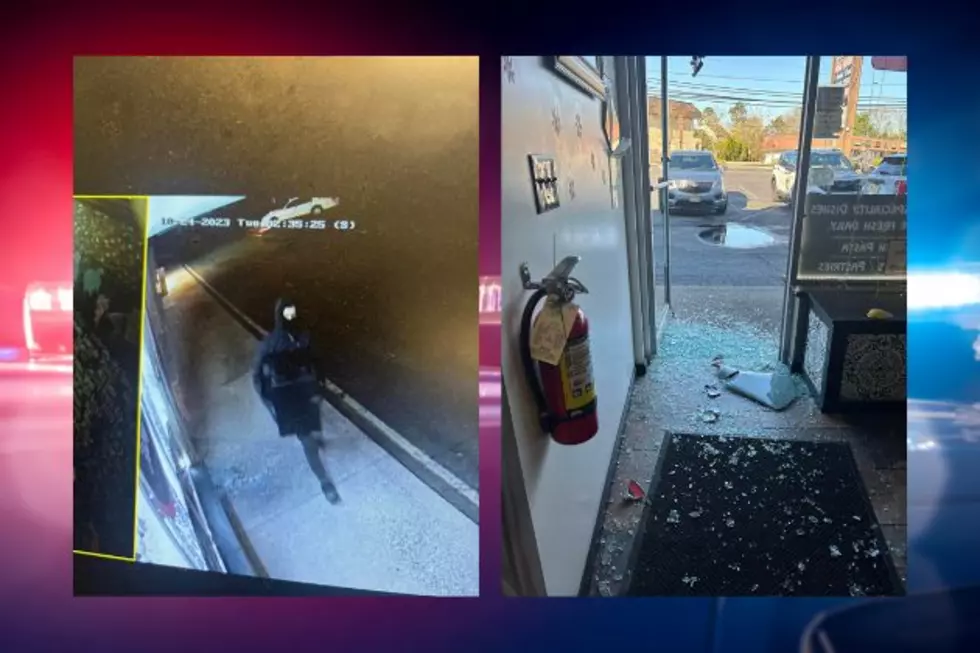Amnesty program after Lakewood fraud arrests — a ‘slap on the wrist’ or good policy?
LAKEWOOD — State and local officials are facing criticism from residents who say a new program allowing Ocean County people who've wrongly received Medicaid benefits to avoid criminal charges is an "insult" or a "slap on the wrist" for people defrauding the government.
The program comes after 26 members of Lakewood's Orthodox Jewish community were arrested on state and federal charges of defrauding various welfare programs by underreporting their income. Some even earned millions in income while collecting the benefits, prosecutors say.
Those arrests reportedly sent hundreds of Lakewood residents scrambling, asking how they could clean up their filings or withdraw from programs for which they didn't qualify.
And it comes two years after the county prosecutor warned Lakewood residents about welfare fraud in a public meeting attended by hundreds of residents.
But the state comptroller defended the Ocean County Recipient Voluntary Disclosure Program to New Jersey 101.5. Under the terms of the program, which currently is only being offered in Ocean County, people who come forward would be required to repay what they owe and fines. Those already charged in the sweeping arrests are not eligible for the program.
The initiative is popularly being called an "amnesty" program, although the officials implementing it aren't using that term.
"Our mission here in the Comptroller's Office, particularly in the Medicaid fraud division, is to safeguard Medicaid funds, and we believe this is a fair and effective way to recover funds that have been expended improperly, and to ensure compliance going forward," Comptroller Phil Degnan said.
And a former county prosecutor said targeting just a single area where a problem has been pervasive can make sense.
Former Morris County Prosecutor Robert Bianchi called the program a "relatively novel approach" — one that benefits not only those looking to avoid prosecution, but a government looking to get its money back. As a former law enforcement official, he was lending his perspective, but is not involved in any current initiatives.
"Each county looks at their crime problem a little bit differently," he said. "In this particular instance because of the massive nature of the fraud that's being alleged in this case down at Lakewood this is what they felt was an appropriate way of dealing with it and I would agree."
And he said it's not uncommon for initiatives to start with one area, then expand.
Degnan earlier told New Jersey 101.5 that those who take part in the program will have their information shared with "state taxation and the social security agency in the federal system." He also said that those people will also not be eligible to enroll in Medicaid for a year.
"We've offered this program because based on our investigations in Ocean County we believe there may be a larger problem associated with Medicaid fraud," he said. "This is an opportunity to bring a significant number of people in that county into compliance with the program, which is our goal."
As when New Jersey 101.5 reported on the 2015 meeting to warn Lakewood residents they could be charged with welfare fraud, there has been significant backlash from audience members who argue the Lakewood Orthodox community has been coddled — that anyone in it committing fraud deserves prosecution, not a series of chances to come clean.
With more than two dozen people facing charges, Bianchi said it is natural to ask why law enforcement would begin offering a chance to resolve benefits program problems now.
"That argument is made when you're a prosecutor constantly," he said. "'Why did you do it in this case and not in that case?' 'Why did you give a break to this guy and not that guy?' It happens in every case over and over again
"You've got to be careful when the public looks at cases and when attorneys look at cases to say this case should be treated like any other, because often they're comparing apples and oranges in my mind."
In some cases, Bianchi said, there may not be the resources to prosecute large groups. He said programs like this can be just as effective at finding resolutions to problems as full criminal prosecutions.
"The question becomes, 'How much of your resources are you going to dedicate to a massive case like this, when actually the sentencing exposure in the real world is very little?'" he said.
Bianchi said in many cases he would be more aggressive in prosecuting people who had been warned to stop potentially illegal activity, but that there could be extenuating circumstances.
"In the ladder of criminal activity like this you have to understand there are major players, medium players and minor players," he said. "Depending upon the level of involvement of each individual, prosecutors use their discretion to make a determination of what sentence is appropriate for those circumstances."
Degnan said he is not concerned about the public's negative reaction to the program, and is only focused on its outcome.
"Its not my position to try to change people's minds about how they feel about the program," he said. "I can only explain the perspective that this office has in terms of our mission and the underpinnings for why we put this together."
An informational meeting on the program is scheduled to be held on Tuesday at Toms River High School North. Sarah Sternbach, program manager for the Lakewood Resource and Referral Center, an organization that helps residents register for programs they need, said her group has not not seen much change since the meeting was announced.
"I'm sure that there are people that can take advantage of the program and hopefully they'll find it," she said.
Despite the 2015 meeting, and despite the recent arrests, Sternbach said people are still coming to her organization for help registering for programs — just being a little more careful in what they do and how they do it.
"What we see in our office is that people always want to do what's right," she said. "There's a real thirst for people to understand the different rules and regulations so they can properly fill out the applications and they can understand what their requirements are when they're on the program."
A New Jersey 101.5 review of Census data in July found that Lakewood has the second-highest concentration of children on welfare in the state.
Out of the 43,571 children in Lakewood, 21,600 of them receive government benefits, according to a U.S. Census estimate from 2015.
Lakewood is No. 1 in the state when it comes to children in two-parent households receiving benefits. About 18,152 of the children in Lakewood who get welfare are in married households. Newark comes second with 7,752 of its children living in married households.
New Jersey has 1.77 million people on Medicaid.
Sternbach said she has seen people that are "trying to cross their Ts and dot their Is and make sure they confirm that they're doing everything properly."
Degnan said he believes this program is an opportunity for people to make right what was otherwise a bad situation.
"I certainly don't view this as an opportunity for anyone to avoid responsibility for their conduct," he said. "We're in fact requiring people to take responsibility for their conduct."
Al DellaFave, a spokesman for the Ocean County Prosecutor's Office, said the program is being run entirely by the comptroller's office and that the prosecutor has "no authority to mandate or monitor how a state agency does business."
More From New Jersey 101.5
David Matthau contributed to this report. With previous reporting by Dan Alexander and Sergio Bichao.
More From New Jersey 101.5 FM









